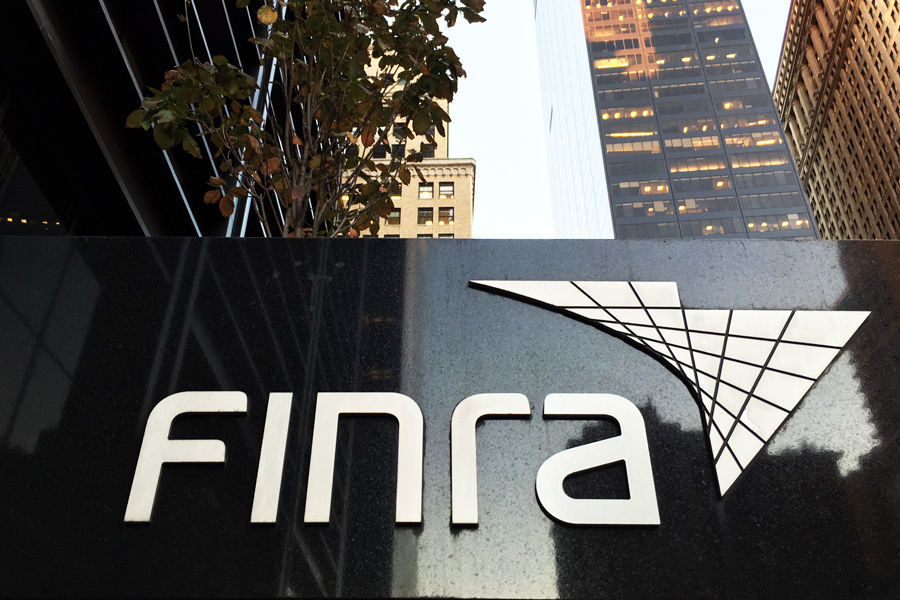Despite declining unemployment and stable economic growth in recent years, the gap between financial "haves" and "have-nots" continues to widen, according to a study by the Financial Industry Regulatory Authority Inc.'s Finra Investor Education Foundation.
"Cash-strapped Americans are failing to save money, struggling with student loan debt and facing decreasing financial literacy," according to the study, The State of U.S. Financial Capability.
(
More:
Financial literacy: An epic fail in America)
"While we've seen improvements in key measures of financial capability over the years, the 2018 findings suggest we have hit a plateau — and that not all Americans have recovered at the same rate" from the financial crisis, said Gerri Walsh, president of the foundation.
The nationwide survey of more than 27,000 respondents was developed in 2009 and is conducted every three years. It measures indicators of financial capability and evaluates how these indicators vary with underlying demographic, behavioral, attitudinal and financial literacy characteristics — both nationwide and state-by-state. Some of the key findings from the study include:
The survey found that while Americans generally have seen their ability to cover monthly expenses and bills improve since 2009, younger Americans, those without a college degree, African-Americans and those with lower incomes are struggling financially, calling into question the improved economy's ability to work as needed for all.
The survey also found that there has not been an increase in the number of American who save. Nearly half of Americans have not set aside money to cover expenses for three months, and they are stressed about money. More than half (53%) of those surveyed reported that just thinking about their finances makes them feel anxious.
Similarly, 54% have not tried to determine what they need to save for retirement, and only 58% of Americans have a retirement account, based on the survey, which also reveals a gender gap for retirement preparedness that may be widening in a way that favors men.
Among Americans with student loans, 47% wish they had chosen a less expensive college and 48% are concerned they will not be able to pay off their loans. Many said they did not fully understand what they were getting into when they got their loans.
(
More:
Advisers can — and must — help improve financial literacy in America)
Worse, financial literacy is declining. Only 34% of respondents could answer at least four of five basic financial literacy questions on topics such as mortgages, interest rates, inflation and risk — compared to 42% in 2009. This drop in scores appeared most pronounced among those







